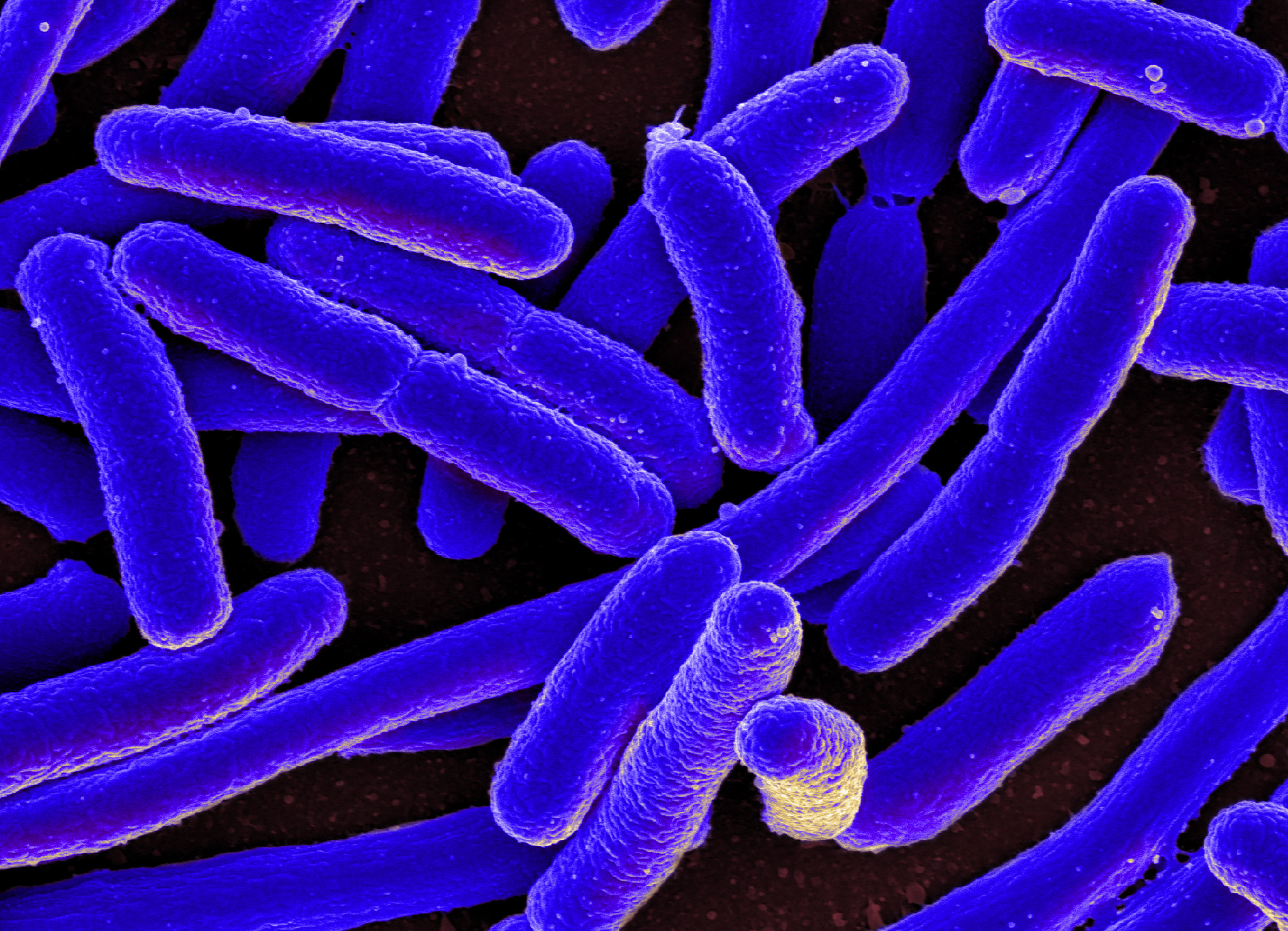A mouse study suggests the genetic contribution to anxiety is partially mediated by the gut microbiome.
The prevalence of anxiety disorders, already the most common mental illness in many countries, including the U.S., has surged during the novel coronavirus pandemic. A study led by researchers in Berkeley Lab’s Biosciences Area provides evidence that taking care of our gut microbiome may help mitigate some of that anxiety.
The team used a genetically heterogeneous lineage of mice known as the Collaborative Cross (CC) to probe connections among genes, gut microbiome composition, and anxiety-like behavior. They first categorized 445 mice across 30 CC strains as high or low anxiety based on their behavior in the light/dark box assay: a box with two compartments – one transparent and illuminated, the other black and un-illuminated – connected by an opening. The degree to which rodents’ innate aversion to brightly lit, open spaces supersedes (or doesn’t) their instinct to explore a novel environment is a rough analog for high (or low) anxiety.
The researchers then performed genome-wide association study (GWAS) analysis, comparing high and low anxiety mice, and also analyzed and compared gut microbiome composition in high versus low anxiety animals. They identified specific genetic variants and families of gut microbes associated with anxiety-like behavior, including host genes that influence anxiety indirectly by modulating the abundance of specific microorganisms in the gut.
“We hope this study will inform future research to evaluate treatments for anxiety that take into account both host genome and microbiome,” said co-lead author Antoine Snijders, a staff scientist in the Biological Systems and Engineering Division.
The study was conducted in collaboration with Dr. Xiaoqing Jin, a visiting scholar from Zhongnan Hospital of Wuhan University.
This Science Snapshot was published on the Berkeley Lab News Center.




